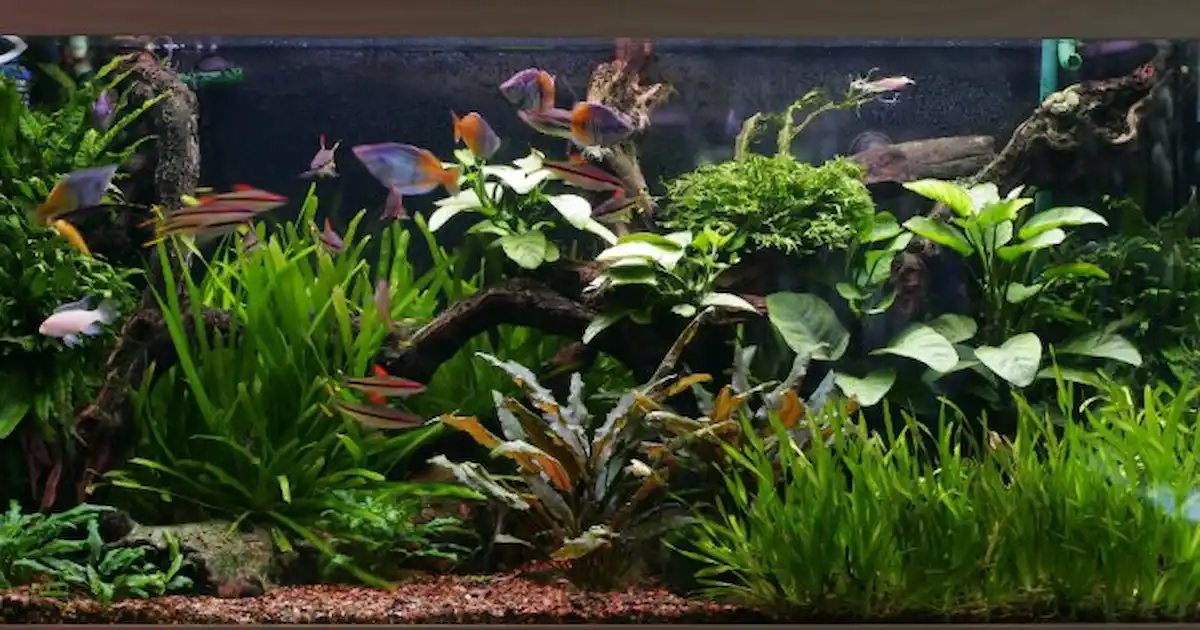Well, the fish I had to put down was a small tetra. I am not sure one could hold onto it to smash it on hard surface. And if I put it between a folded piece of foi;l the result would have been tetra jelly shooting out of the foil.
When I used the method with the guppy, I used disposable paper towel. a few sheets folded and prepared on the table next to me, large heavy book at the ready. I netted the guppy calmly, quickly and easily (guppies at least are super easy to catch), turned the net out onto the paper towel and folded the other paper towel over the top of him so he was in the middle, slammed with the book.
It would have taken less than ten seconds before he went from struggling to swim and gasping/ailing, to net, then game over and brain/nervous system destroyed instantly. No mess, all contained within the sheets of paper towel, and I dispose of deceased fish in the general waste anyway since flushing and burying pose potential environmental contamination issues. Although I have buried some favourite fish and certainly my first few, before I learned here not to do that.
Feels mean to do it, and I agree with
@Uberhoust that the fish barely has time to register anything before it's over for them.
However, that's with small fish like livebearers and tetra, I honestly don't know now what I would do it faced with euthanising a larger fish. I also completely understand that a lot of people couldn't bring themselves to do it, and I won't judge them for that.
I used the clove oil method on a pretty large goldfish from the pond that was suffering and dying, but slowly, without problems. But the video I watched to learn how to do it did stress the importance of adding it gradually, so I agree with you
@TwoTankAmin , and
@Uberhoust , that the accounts I've read here from people who've reported a panic response seem to have added a lot of clove oil too quickly.
I'm even more confused and undecided on most humane methods now. I feel like handling a fish in order to pith it would be much more stressful for them, and take more time to aim, if you even know where to aim, and most of us don't. Decapitation not instantaneous, and probably even harder for most people to do than the heavy book method. Personally I think I'd find it harder to behead one of my fish than the folded paper towel and book.
And yeah, we can't truly know if the clove oil feels irritating to the fish. But it is at least seemingly peaceful if the oil is added gradually, a clean container and water from the tank, oil mixture added gradually, and it does sedate them, seemingly without panic if done gradually, and better than being left to die slowly and painfully of organ failure or something.
Trust me, from very recent personal experience, and several years spent working in nursing homes - the active dying process when organs are shutting down is painful and distressing for the patient in humans, and we do everything we can to manage it with incredibly strong medications to ease their suffering and allow patients to pass as painlessly and comfortably as possible, and even in humans, it's difficult and not precise, but leaving them to go through that without anything to ease that suffering would be awful.
So when a human or typical pet mammal like a dog or cat has reached the active dying stage, we use strong medications to manage the pain and other symptoms of various organs shutting down, and/or veterinary euthanasia.
But even when vets euthanise a dog or cat, and sedate them first, it doesn't always go as hoped. Having had a lot of animals, and wanting to be there to comfort them right to the end, I've witnessed more dogs and cats being put to sleep than I want to count right now, and fortunately, it's always been peaceful and a relief for the pet, and us, in that we knew it was the right time, and to prevent them suffering (any more). But the vets do always warn that sometimes, an animal will react poorly to the euthanising agent or the sedative. It's not foolproof, sometimes the animal reacts, and it's distressing for the owners, but the vet will obviously then do whatever they can to help the animal pass as quickly as possible.
Should mention at this point that vets have a very high suicide rate, statistically. It's not an easy job, and I'm so glad I didn't go into that field the way I wanted to as a child.
So I can't leave a fish to die slowly and painfully, and realistically, we do have to face this decision at times, especially keeping many fish, and trying to help people on the forum who have a dying fish and don't know what to do. It would be good if we could have more advice, and the research you guys are putting in is appreciated!



 /www.mcgill.ca/research/file...atic_amphibian_euthanasia_-_march_2022_v2.pdf
/www.mcgill.ca/research/file...atic_amphibian_euthanasia_-_march_2022_v2.pdf